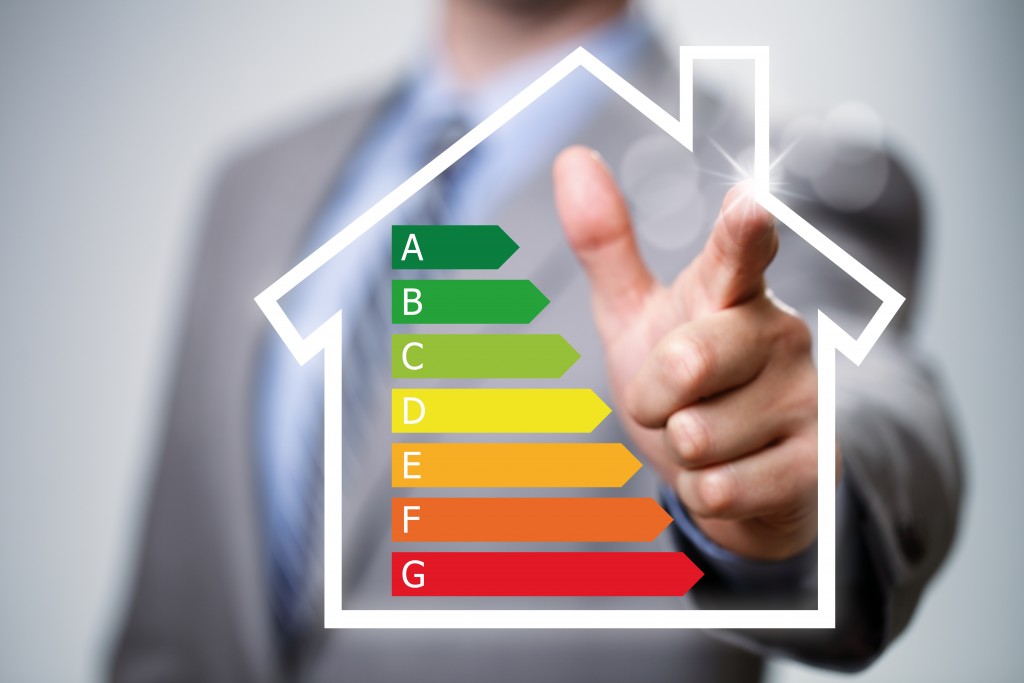The rules and regulations regarding Energy Performance Certificates (EPCs) are constantly being changed and updated in response to government policy decisions around the green agenda.
The latest requirement for EPC ratings was changed in 2018, making it necessary for all new tenancies to require a minimum EPC rating of “E” or higher.
What is an EPC?
An Energy Performance Certificate (EPC) measures energy efficiency on a scale of A – G so that buyers or potential tenants can easily see how energy efficient their prospective home is likely to be.
EPC (Energy Performance certificates) are a legal requirement for anyone who wants to build, sell or rent a home.
If you’ve had an EPC in place for ten years, now is the time to renew it and do any of the recommendations that your EPC provider make to improve the energy efficiency of your property, thus driving up the value and the desirability and thus the saleability of your home.
From the 1st of April 2023 (EPC Rating Changes) it will be illegal for landlords to rent out or lease a commercial property with an EPC rating less than “E”
From the 1st of April 2027 landlords must have grade “C” or higher before he can rent or sell his property.
Eventually this will become Grade ‘B’ by 2028 in order to help achieve the government’s aims of net-zero emissions by 2050.
Fines are also set to increase for non compliance for not having a valid EPC certificate from £5000 to £30000 by 2025.


Comments are closed.